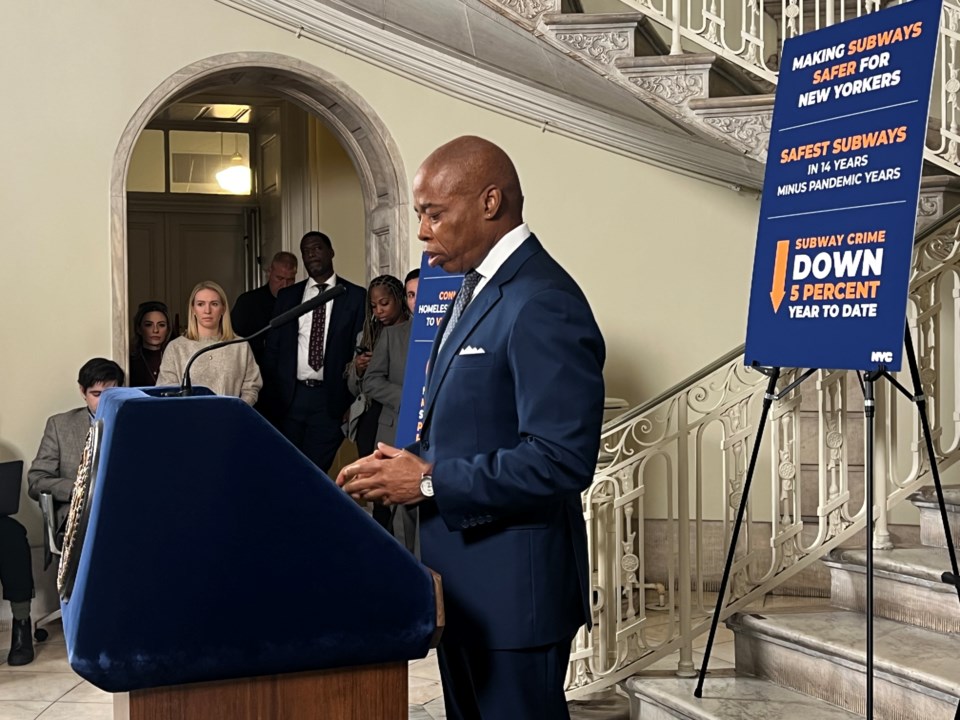The city has launched the Green Fast Track initiative, designed to expedite approval for small and medium-sized all-electric housing projects, with the first beneficiary being a proposed affordable senior housing development in Brooklyn’s Homecrest neighborhood.
The new process aims to streamline the approval of developments that meet both environmental and housing affordability goals, according to The City.
The Homecrest project, led by the Orthodox Jewish organization Ahi Ezer Congregation, will replace two vacant four-story brick buildings with a seven-story structure, offering 53 income-restricted apartments for seniors earning no more than $55,000 annually. The building will also feature space for social services and a recreational backyard.
“With the Green Fast Track, we’ve cut red tape for buildings like this one that advance our housing and environmental goals as a city,” said Dan Garodnick, director of the Department of City Planning. “By reducing the time before the public review process can start, we’ve made it easier to deliver affordable senior housing in an all-electric building.”
Projects eligible for Green Fast Track must include no more than 250 apartments (or 175 in low-rise areas), utilize electric heating and be located outside flood-prone and high-traffic zones. The initiative aims to reduce environmental review delays while supporting the city’s carbon emissions reduction efforts, according to the news site.
The Homecrest project, which began planning in 2023, gained momentum after the Green Fast Track took effect in June, the news site reported. Traditional zoning approvals and environmental reviews can take one to three years, but the new process is expected to cut that timeline in half and save an estimated $100,000 per project, according to the Department of City Planning.


.png;w=135;h=120;mode=crop)

